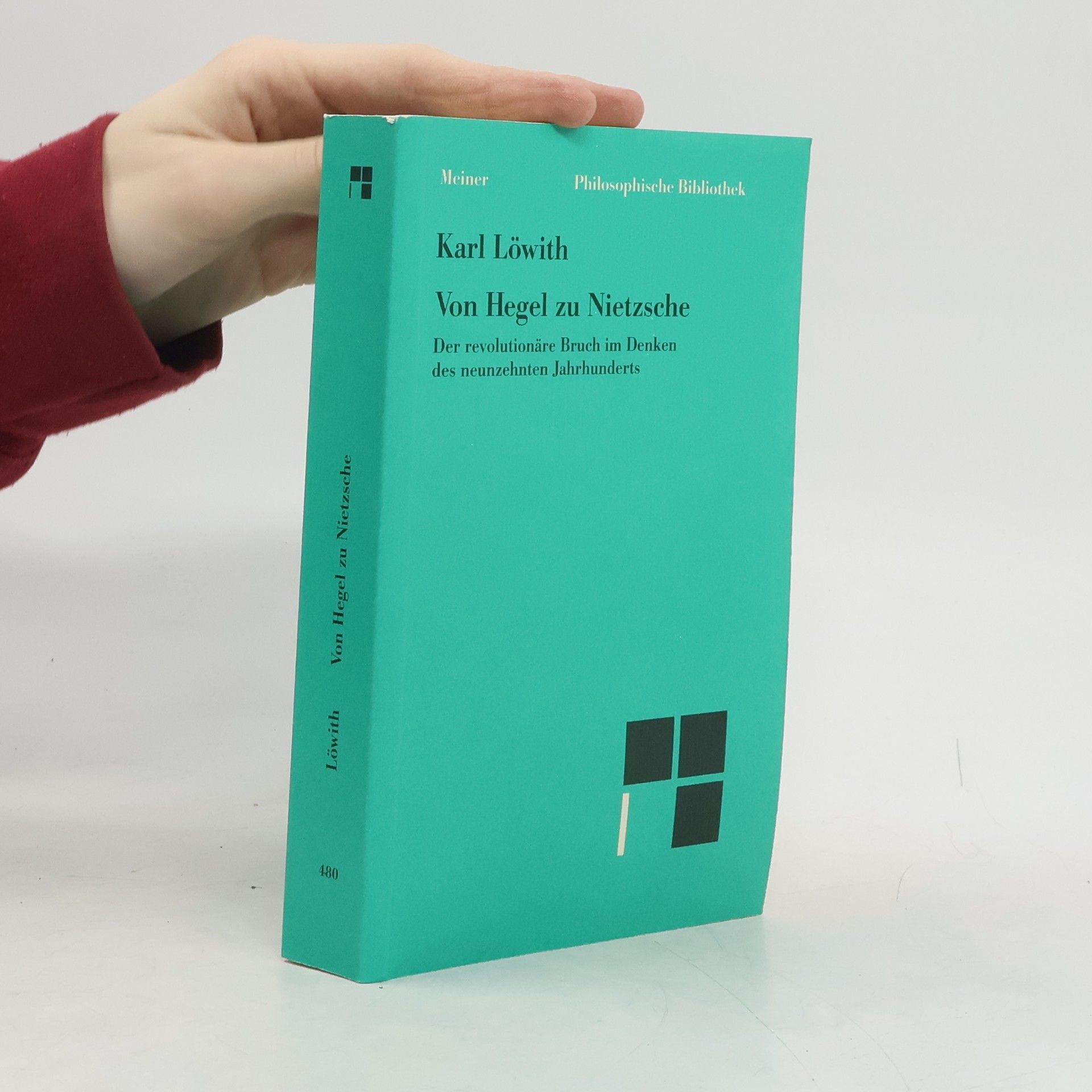Histoire et salut
- 285pages
- 10 heures de lecture
Karl Löwith a écrit Histoire et Salut, son livre majeur, à la fin des années 1940, alors qu'il était réfugié aux Etats-Unis. L'ouvrage a d'abord paru en anglais, en 1949. Sa version allemande définitive date de 1953. Il s'agissait alors de comprendre, dans le climat de la catastrophe allemande, venant après la révolution russe, les chemins qui avaient pu conduire à ces cataclysmes. La responsabilité fondamentale en incombe, pour Löwith, aux philosophies de l'histoire. Si celles-ci se sont développées au XIXe siècle, elles possèdent des racines bien plus anciennes. L'ouvrage entreprend d'en dégager les racines chrétiennes, par une analyse régressive qui conduit de Burckhardt et Marx aux Pères de l'Eglise, en passant par Bossuet et Joachim de Flore. Sa conclusion est devenue classique : " La philosophie de l'histoire provient de l'eschatologie du salut. " Elle est la transposition " sécularisée " d'une théologie. Löwith ne préconise pour autant aucun retour à une vision théologique des choses humaines. Ce sont les présupposés communs à la théologie et à la philosophie de l'histoire qu'il soumet à un examen critique. L'une comme l'autre, montre-t-il, sont irrévocablement révolues. C'est à une interrogation des fondements métaphysiques inaperçus de la rationalité occidentale qu'il en appelle. Le lecteur français dispose désormais, avec cette traduction, d'une des contributions essentielles au débat sur la sécularisation.




